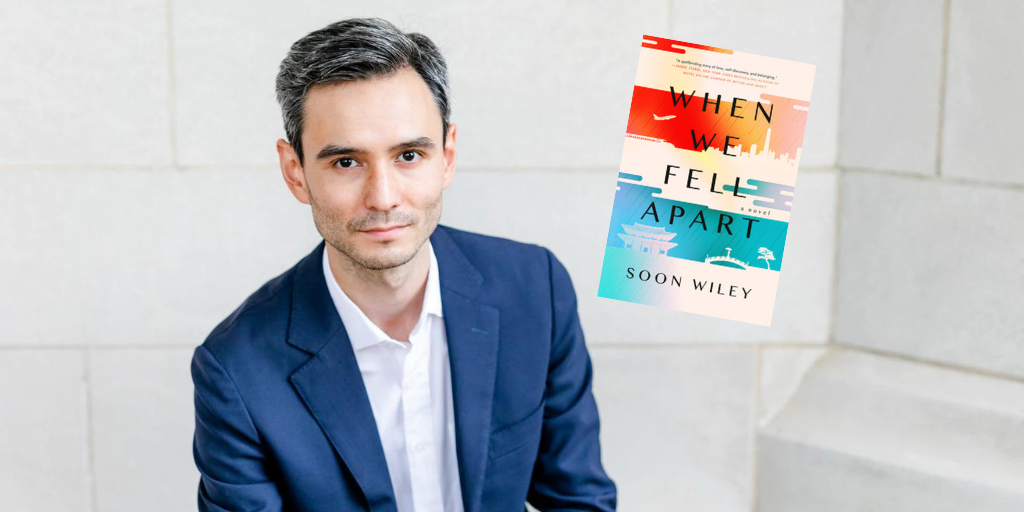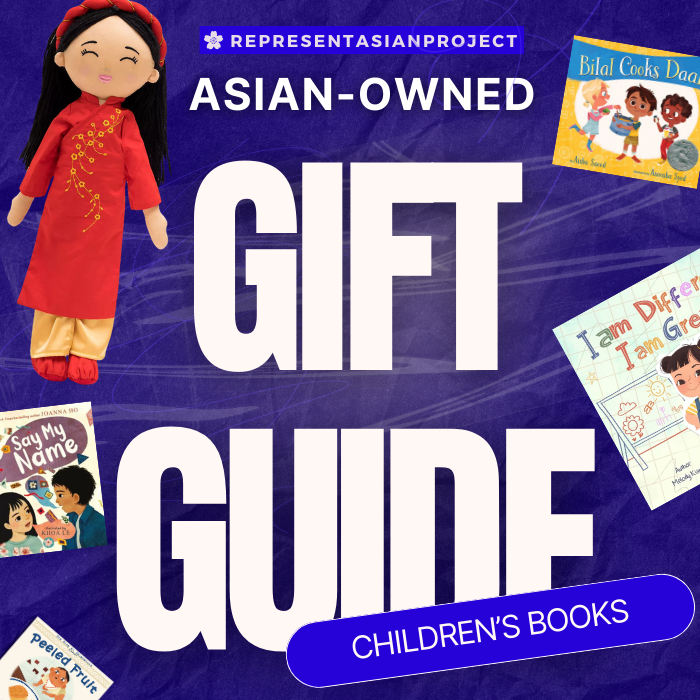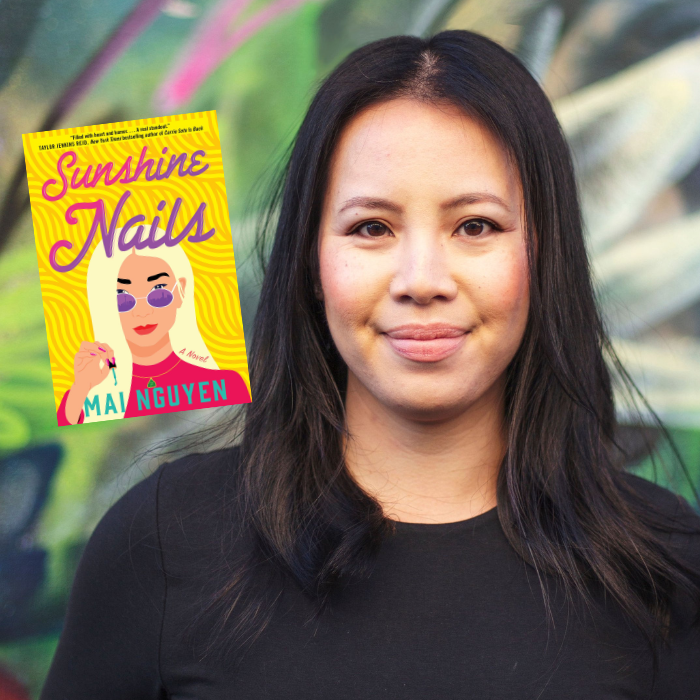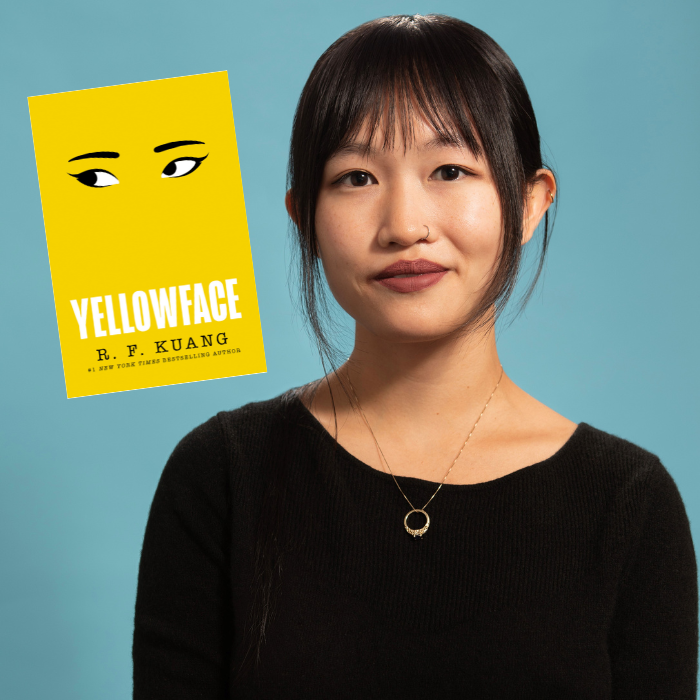“Where do I belong?” This question—that everyone likely asks themselves at least once in their lifetime—often haunts immigrants and their children, especially if they are biracial. When you are divided between multiple countries, cultures, and languages yet feel like you don’t know enough of either to claim ownership, it creates ghosts of insecurity and uncertainty. Despite your best efforts to exorcise these ghosts, they reappear the next time you are subjected to a covert—cue well-meaning strangers asking you where you’re from—or overt act of discrimination.
This is the question that biracial Korean American author, Soon Wiley, works through in his debut novel, When We Fell Apart.

Seoul’s Han River—which makes frequent appearances in the novel—with the ebbs and flows of its prose When We Fell Apart is equal parts suspenseful mystery and stirring exploration of identity.
Wiley wrote the novel over a period of seven years. “Initially, I was interested in the question of, ‘What would this guy do if his girl[friend] supposedly took her own life?’” he tells The RepresentASIAN Project. “I was interested in exploring how we process grief, but especially when it’s unexpected; when a tragedy occurs but that tragedy is inexplicable to us because it doesn’t really align with our perceptions of what was true.”
When We Fell Apart alternates between Min and Yu-jin’s point-of-view with Min’s perspective told in the third person and anchored in the present, while Yu-jin’s is in the first and details her journey from high school through university until her death.
“I was interested in exploring how we process grief, but especially when it’s unexpected; when a tragedy occurs but that tragedy is inexplicable to us because it doesn’t really align with our perceptions of what was true.”
Wiley initially wrote the novel entirely from Min’s perspective before he decided to add include Yu-jin’s perspective. “From Min’s perspective, he’s kind of an outsider. He’s observing things as an American,” he explains. “But once I was able to switch to Yu-jin’s point of view, I was able to view Korea from an insider’s perspective.”
Wiley deliberately chose to write Yu-jin’s chapters in the first person and changed Min’s perspective to the third. This was so that despite the knowledge of her death, which both Min and the reader receive early in the book, Yu-jin’s presence felt real to the reader.
Like many debut authors, Wiley’s journey to getting published was a bit of a rollercoaster. Wiley revised When We Feel Apart with an agent for three years—he had been working on the book for five—before she dropped him.
“[Afterwards], I probably submitted to, like, fifty literary agents and of those fifty, I would say maybe ten requested the full manuscript but no one offered me representation,” he remembers. “It got to the point where I started working on a second book.” Eventually, however, Wiley came across his current agent, Paper Literary’s Catherine Cho—who is also Korean—and the rest is a literary mystery.
“None of the characters that I encountered when I was in middle school or high school or even college were Asian or biracial,” says Wiley, when asked about whether he had encountered characters like Min—or himself—when he was young. “I did read a lot about characters like Min but none of them looked like him.”
Though this did not hinder Wiley from seeing parts of himself in characters he read about, he acknowledges that it probably would have been easier with characters who resembled both his internal and external qualities.
Perhaps this is why Wiley and his main character share some similarities. Like Min, Wiley is a biracial Korean American. Like Min, Wiley also lived in Seoul for a year after graduating college in 2009 in hopes of reconnecting with his Korean heritage and finding some part of himself.
“Like Min, I also had the experience of being an outsider and maybe feeling even more like a foreigner in Korea than in America—which I think is a very common experience for a lot of Americans who are the children of immigrants,” says Wiley.
“Like Min, I also had the experience of being an outsider and maybe feeling even more like a foreigner in Korea than in America—which I think is a very common experience for a lot of Americans who are the children of immigrants.”
And as Min worked through questions about his identity and belonging through the course of When We Fell Apart, so did Wiley. “[While] writing the book, I gave myself permission at some point to think, ‘There isn’t any set standard or benchmark you have to fit or make to connect with your culture. Whatever your comfort level is, that’s enough,” he says.
Wiley theorizes that there are often two tracks when it comes to reconnecting with your heritage. He mentions some of his family members who deeply interested—and invested—in one’s family history, while others are disinterested to the point of not even wanting to eat the food. Though he is somewhere in the middle, he has learned that whatever path one takes, both are fine.
“You don’t have to prove to anyone that you’re more interested or that you’re less interested.”
When We Fell Apart is available now at bookstores nationwide.











